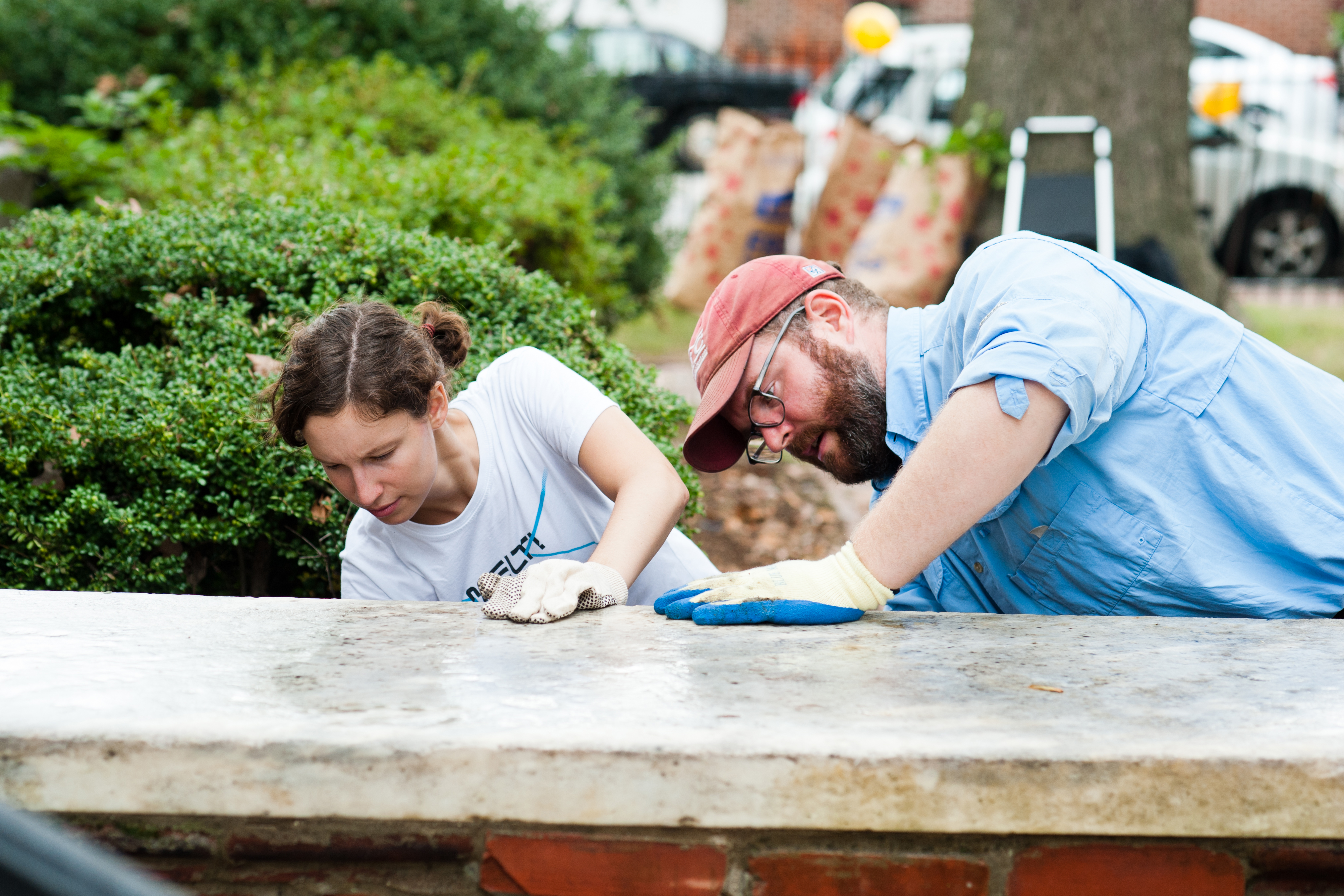Masters Historic Preservation Programs
- Best Historic Preservation Masters Programs
- Masters Degree Historic Preservation
- Historic Preservation Certificate Programs
Thinking about a career in Historic Preservation and Conservation? Discover the degree requirements, salary information and expectations you'll need to get there.
A Masters in History Program might open up a variety of potential career paths for those with a passion for researching, analysis, and interpreting the past. Historians are employed in state, local, and federal government, as well as by professional, scientific and technical services. They might work as consultants, curators and archivists, in museums, archives, historical societies, research organizations and nonprofits. What Are Masters in History Programs?
Best Historic Preservation Masters Programs
Masters in History programs are research intensive programs that often allow students to explore a particular era or region's history in depth. Many students pursuing a Masters Degree in History choose an area of specialization, such as local, regional, national, or world history; ancient, medieval, postclassical, modern, or an otherwise classified history; and/or economic, political, public, or social history. Courses may discuss how the past impacts contemporary issues such as politics, gender, race, and society as a whole. Students could learn how to put historical events into a specific context, collect data and write reports.
Most Masters in History programs require students to have earned a bachelors degree from an accredited college. Some may also require knowledge of a foreign language. Follow up with individual programs for details.
FUN FACT: Herodotus, a contemporary of Socrates, is credited as being the “Father of History” i How Long Will It Take to Earn a Masters Degree in History? The average, full-time student could earn a master's degree in history within one and half to two years, but some students take longer. Typically a Masters in History program requires the completion of 30-37 credits.
Factors such as one's undergraduate major, the university, and the masters program you select might affect time to completion. Program lengths and course credits may vary. Potential Masters In History Curriculum Masters history programs typically take an interdisciplinary approach, touching on subjects such as anthropology, sociology, political science, economics or education. Naturally, the curriculum in each program will depend on the school and any area of concentration, such as medieval studies or public history. Nonetheless, students might take some of the following courses while earning their history masters degree. Research methodologies for historians. Historiography.
Social theory. Archival methods. Quantitative methods.

Editing for historical writing. Teaching methodology Some History master’s programs entail an internship, in addition to coursework.
Contact schools to learn more if this interests you. How To Select a Masters History Program One of the important considerations when selecting a masters in history program is the type of learning format you are looking for. Some students prefer the traditional on-campus program format that offers face-to-face interaction with professors and classmates, and might make for some really interesting discussions! Busy working professionals might find they need a more flexible format. In this case, there are options for distance-learning. A hybrid program combines on campus and online coursework, or you might look into pursuing an. Use the tools on GradSchools.com to help you navigate through the selection process.
Search for History masters programs by location; use the city, state or country tabs to determine where you might want to study. Or search by program format. Some of the listings might include: Master of Arts in History, Master of Arts in Holocaust and Genocide Studies, Master of Historic Preservation or Master of Arts in Military History. You might also need to assess your career aspirations and whether the degree matches them. For instance, a career in academia may require a PhD. Certainly, request information from each school to do a comparison of their faculty, tuition, prerequisites, admission requirements and other pertinent factors.

What Might I Do With a Masters Degree in History? Graduates holding a master’s degree in history might pursue potential career opportunities in a wide variety of fields. Some common careers for historians include: archivists, curators, museum workers, secondary or post secondary teachers, economists, political scientists, anthropologists, historical writer, or even geographers. FUN FACT: Historians conduct research and analysis for governments, businesses, nonprofits, historical associations, and other organizations. Historians who work for business might help examine historical evidence for legal cases or regulatory cases. According to the U.S. Bureau of Labor Statistics in 2016 historians earned a median annual salary of $ $55,110 ii,archivists, curators, and museum workers earned a median salary of $47,230 ii, secondary school teachers earned a median salary of $58,030 iv and postsecondary teachers earned a median salary of $75,430.
Masters Degree Historic Preservation
V Individuals interested in pursuing potential career opportunities in fields that would utilize their historical expertise may want to earn a graduate degree as some occupations in this field may require job applicants to be able to demonstrate advanced educational credentials. Shooting games gun games free download. Ready To Pursue a Masters in History Degree?
Historic Preservation Certificate Programs
The field of history is broad; earning a masters degree gives students the opportunity to focus on a specific geographic location, an era, or a particular field, whether social, political intellectual, or cultural. If you have a passion for research, data analysis, want to participate in preserving historical sites and artifacts, or teach and write about history, use the search tools on GradSchools.com to find the right Masters in History program for you! Sources: i en.wikipedia.org/wiki/Herodotus ii bls.gov/ooh/life-physical-and-social-science/historians.htm iii bls.gov/ooh/education-training-and-library/curators-museum-technicians-and-conservators.htm iv bls.gov/ooh/education-training-and-library/high-school-teachers.htm v bls.gov/ooh/education-training-and-library/postsecondary-teachers.htm.